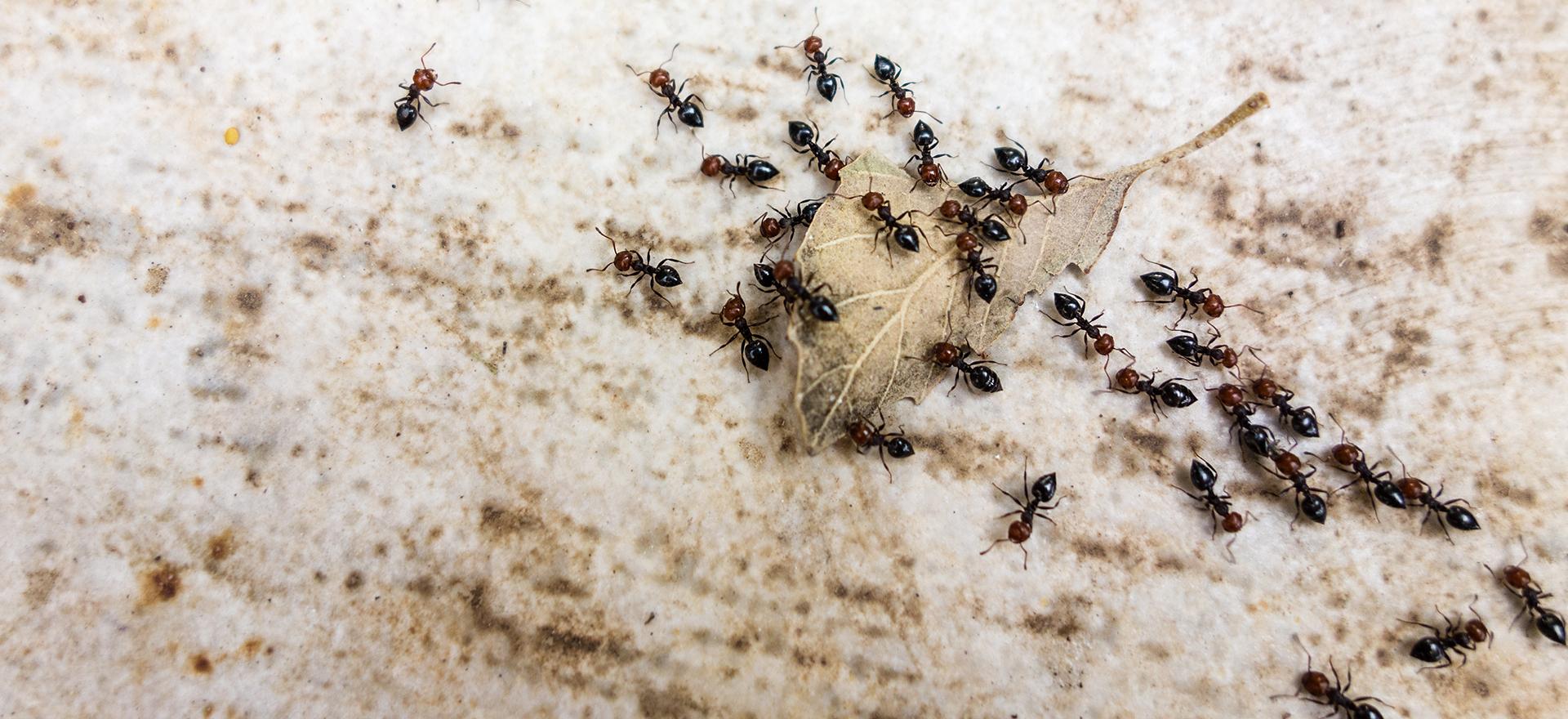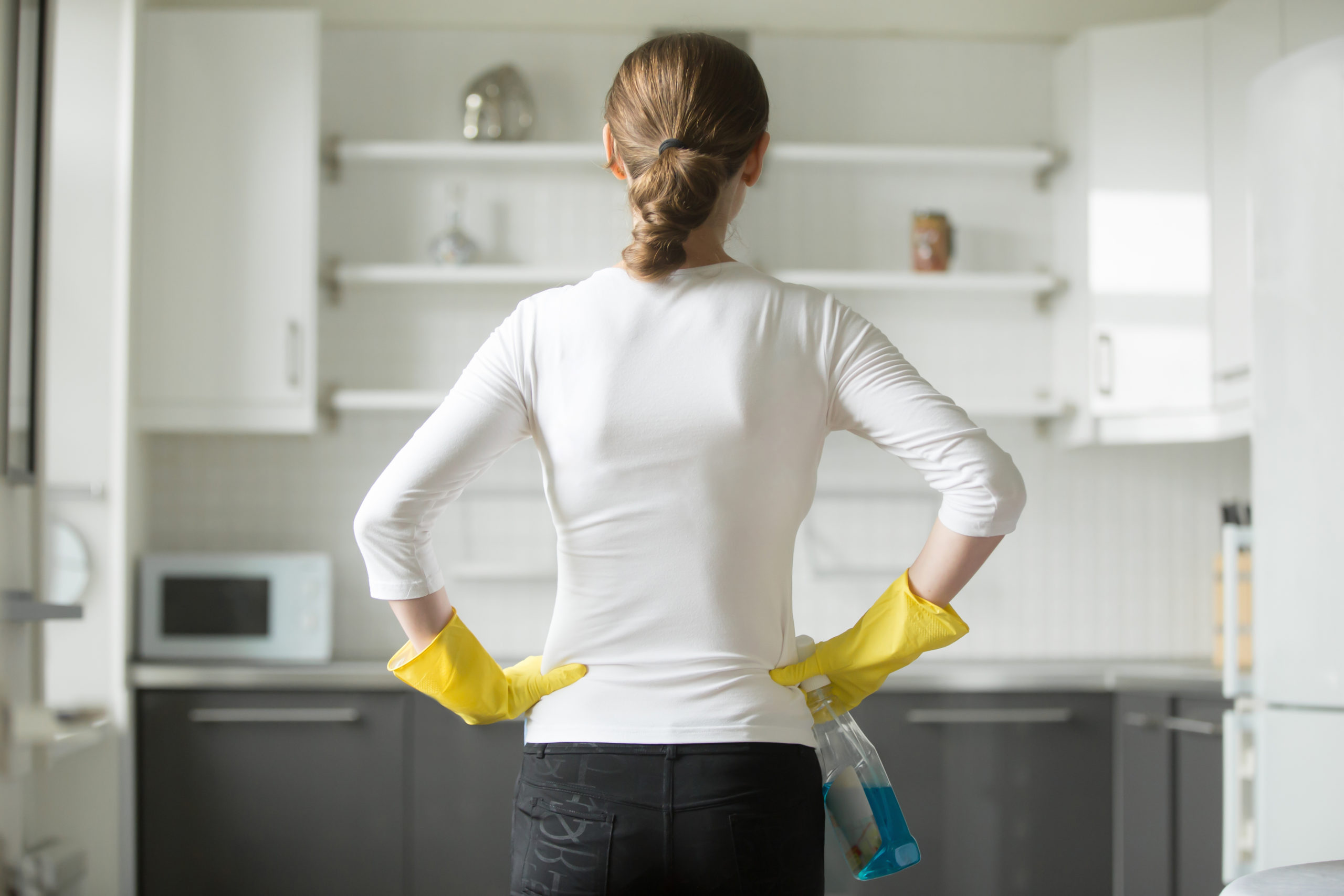Proper disposal of hazardous cleaning waste is essential not only for the environment but also for personal safety and public health. In a bustling city like London, where cleaning products are used daily in homes, businesses, and public spaces, understanding how to safely dispose of harmful materials is crucial. This guide will help you navigate the process and ensure you’re adhering to London regulations.
⚠️ What is Hazardous Cleaning Waste?
Hazardous cleaning waste refers to products that can pose a risk to health, wildlife, or the environment if not disposed of correctly. These can include:
- Bleach and disinfectants
- Solvents and degreasers
- Ammonia-based cleaners
- Aerosol cans
- Pesticides and insecticides
These substances often contain toxic chemicals that can contaminate water, soil, and air if not handled properly.
🧪 Why Proper Disposal is Important
Disposing of hazardous cleaning waste improperly can lead to severe environmental consequences. For instance, toxic chemicals from cleaning products can seep into London’s waterways, harming aquatic life and polluting drinking water. Furthermore, improper disposal poses health risks to waste collectors and individuals who come into contact with hazardous materials.
♻️ How to Safely Dispose of Hazardous Cleaning Waste
Step 1: Identify Hazardous Materials
📝 The first step in disposing of hazardous cleaning waste is identifying the materials that require special handling. Look for warning labels on products such as “Danger,” “Warning,” or “Caution.” These indicate that the product contains chemicals that could be harmful if not handled correctly.
Step 2: Follow Local London Guidelines
📍 In London, hazardous waste disposal is regulated, and specific facilities are available for safely disposing of harmful materials. Here’s what you need to know:
- Local Hazardous Waste Collection: London councils often provide hazardous waste collection services for residents. Contact your local authority to learn about the available options and collection schedules.
- Designated Drop-Off Points: There are designated sites across London where you can drop off hazardous waste. These sites are specifically equipped to handle and dispose of toxic materials safely.
Step 3: Store Waste Properly Until Disposal
🏠 Before disposal, it’s crucial to store hazardous cleaning waste safely. Here’s how:
- Use Original Containers: Keep the waste in its original container whenever possible, ensuring that it’s properly sealed to prevent leaks.
- Label the Containers: Clearly label any containers to avoid confusion or accidental misuse.
- Store Away from Children and Pets: Place the hazardous materials in a safe, inaccessible area until they can be properly disposed of.
Step 4: Avoid Common Disposal Mistakes
🚫 Here are common mistakes to avoid when disposing of hazardous cleaning waste:
- Don’t Pour Chemicals Down the Drain: This can lead to water contamination and damage London’s sewage systems.
- Avoid Throwing Hazardous Waste in Regular Bins: Regular waste collection services are not equipped to handle hazardous materials.
- Don’t Mix Different Chemicals Together: Some chemicals can react dangerously when mixed, causing toxic fumes or fires.
Professional Cleaning Services: A Safer Alternative
If you’re worried about handling hazardous cleaning waste, consider hiring professional cleaning services. Professional cleaners know the safest and most eco-friendly ways to handle hazardous materials, ensuring no harmful chemicals are left behind.
We offer specialized cleaning services that comply with all London regulations, ensuring that your home or office remains clean without risking environmental or health hazards. Whether it’s ozonation for safe disinfection or thorough mold removal, our team handles it all efficiently and safely.
👉 Learn more about our ozonation services here.
👉 Need help with mold removal? Check out our services here.
🌍 Sustainable Alternatives: Reducing Hazardous Waste
One of the best ways to reduce hazardous waste is to switch to eco-friendly cleaning products. Look for natural alternatives such as:
- Vinegar for glass and surface cleaning
- Baking soda for scrubbing
- Lemon juice for stain removal and deodorizing
By using non-toxic alternatives, you can cut down on the amount of hazardous cleaning waste in your home and help protect London’s environment.
🔍 Where to Learn More About Hazardous Waste Disposal
For more detailed information on hazardous waste disposal in London, here are two trusted resources:
- London’s Waste Management Guide: Click here
- Environmental Protection Agency (EPA) Guidelines: Click here



